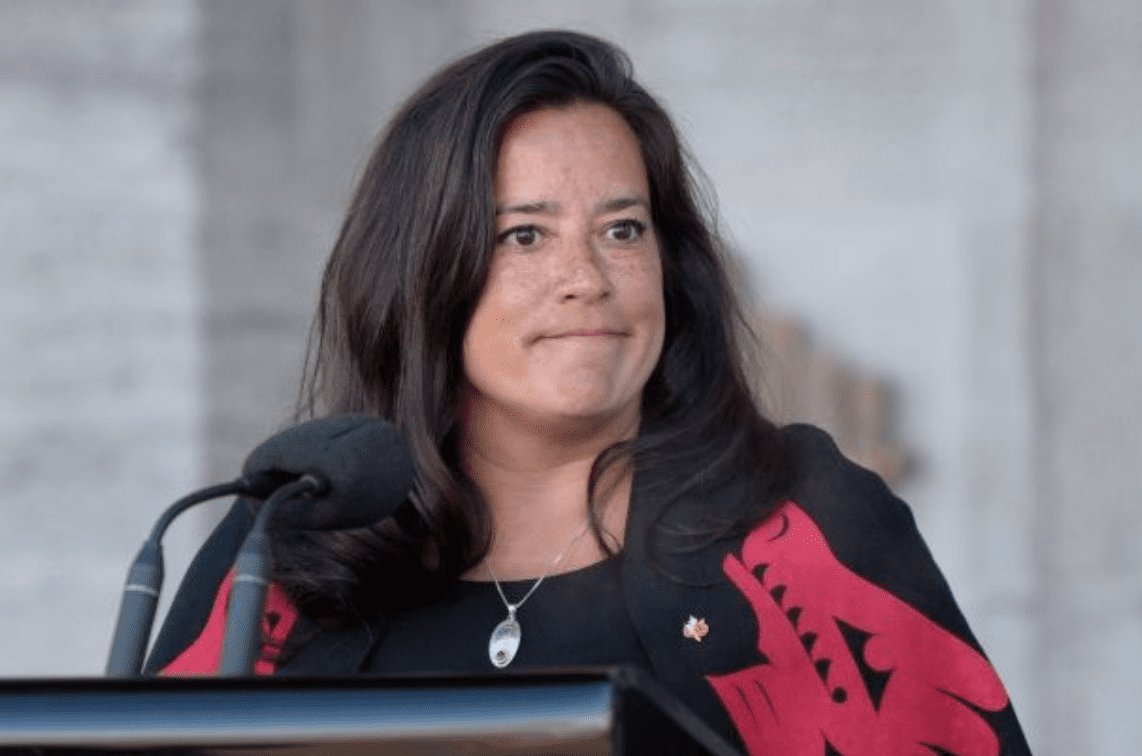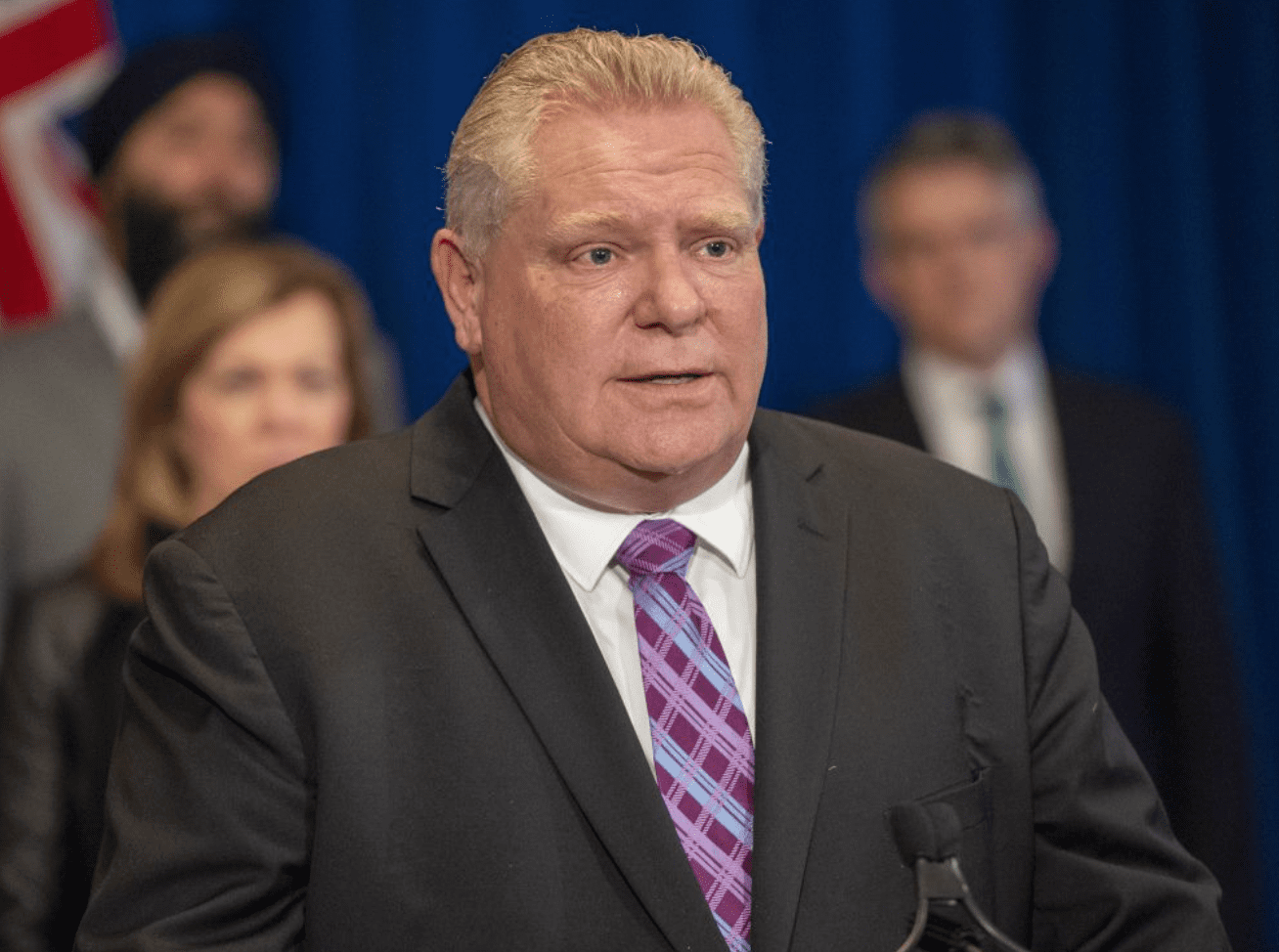Over the past couple of weeks, former justice minister Jody Wilson-Raybould has been engaged in a campaign to rehabilitate her image, pressing the government on the issue of criminal justice reform and the elimination of most mandatory minimum sentences something that was supposed to be her job when she was justice minister, but something which never got finished. In an intervention in the House of Commons, she made mention of this as a "red meat-issue," and in an op-ed for the Globe and Mail that she penned, which ran over the weekend, she blamed "the centre" meaning PMO for this important file not having been accomplished. But something doesn't add up in this, which makes me wonder what she's not saying.
"When I was in the government, and as a minister, I learned the term 'red meat' issues. I understand these issues to be ones that challenge societal norms, that are not politically expedient to address because they can lose you votes, even though addressing them is morally right and a smart thing to do," Wilson-Raybould stated during her intervention on June 15th.
"In the justice system, examples include mandatory minimum penalties, defunding police, and even investing in restorative justice. Red-meat issues often become defining issues for society and for governments as the world changes," she continued, before asking the government to repeal mandatory minimum sentences, as they promised to in 2015.
In the Globe op-ed, Wilson-Raybould stated "even though I was told by some that the 'centre' did not want to hear it, I, along with others, again implored and pushed for bold criminal justice reform, including repealing [mandatory minimum penalties]," implying that someone in the PMO was trying to keep her from fulfilling the job that was handed to her in her mandate letter. This makes no sense.
I have to wonder how much of this was really a process issue, given that Wilson-Raybould had been known to clash with other members of Cabinet particularly Carolyn Bennett on how to proceed on the Indigenous rights framework which the government eventually pulled after it was widely panned. In the end, that framework was pulled and the government instead put its focus on the language rights legislation, as well as the Indigenous child welfare legislation, both of which eventually passed. If Wilson-Raybould clashed over how to go about the rights framework, did she also clash with PMO or senior officials about how to go about criminal justice reform?
We also have to look at her record as justice minister more broadly, and the positions she staked out, which have proven to be problematic. Right off the start, she was handed the Medical Assistance in Dying file, and she and Jane Philpott insisted on an extremely restrictive eligibility criteria which not only went against the consultations by government and a joint parliamentary committee, but also the Supreme Court of Canada ruling that gave rise to the legislation in the first place. Those restrictions were struck down in the courts in Quebec, and the government is currently sitting on a bill to make the necessary changes.
On the genetic privacy bill, Wilson-Raybould took the position that the bill was ultra vires to the federal Criminal Code powers it used to outlaw said discrimination, despite convincing legal opinions to the contrary, and even though no province objected to the bill, she took it upon herself to phone up provincial attorneys general in order to beg them to oppose it, and Quebec finally did. She also then convinced the prime minister to turn Cabinet against the bill over the will of the rest of the caucus and only Cabinet voted against the bill. Afterward, Wilson-Raybould promised to refer it to the Supreme Court of Canada, but never did. Quebec's government challenged the bill in Court, and it is currently awaiting a decision by the Supreme Court of Canada.
As part of the cannabis legalization package, Wilson-Raybould introduced random alcohol screening legislation that everyone warned her would be unconstitutional and would in fact make it easier for police to target Black, Indigenous, or other minorities as they had with carding, but she proceeded with the bill anyway, and it too is facing Charter challenges.
Another reform that Wilson-Raybould pushed through and then patted herself on the back for was the elimination of peremptory challenges in jury trials, after the high-profile Gerald Stanley case where it was alleged that Stanley's lawyers used the challenges to ensure an all-white jury in the case of the death of an Indigenous man a jury that later acquitted him. Despite defence lawyers around the country saying that they use the challenges to ensure non-white representation on juries where an Indigenous person or other visible minority person is accused, Wilson-Raybould went ahead and eliminated them citing one case. That too is now going before the Supreme Court of Canada.
To add to the list, she was extremely slow to appoint judges, in part because it took her over eight months to even appoint a judicial affairs advisor for her office, while she reportedly clashed with PMO over attempting to get a friend appointed as her chief of staff on numerous occasions. There was also the revelation that she sat on a wrongful conviction file for months while the person languished in jail. She couldn't manage her legislation after a much-ballyhooed bill about fully repealing laws that targeted gay men that was unveiled during Pride Month, it never advanced, and was later abandoned and folded into larger criminal justice bills on two separate occasions. And on top of that, I was hearing constantly from my contacts in the legal field in the city, including people in the judiciary, that she was widely viewed as being incompetent.
It is with all of this in mind that I have trouble believing that Wilson-Raybould was being prevented from fulfilling her mandate of criminal justice reform including repealing mandatory minimum sentences. It doesn't seem plausible that the very government that promised to repeal mandatory minimums and then prevent the justice minister from doing it because it's not politically expedient so many files this government has tackled haven't been expedient, but they've been doing it anyway. My question instead is what exactly was she proposing that made people balk, in light of her record of legislating badly. That would seem to me the more appropriate thing to ask, and maybe one day someone will tell us what really happened.
Photo Credit: CBC News








